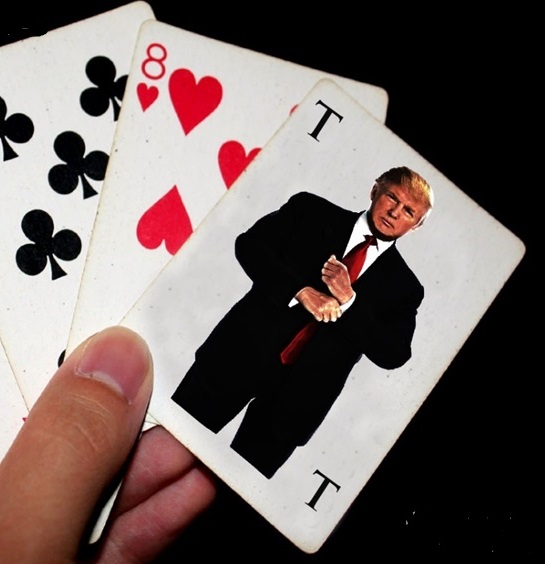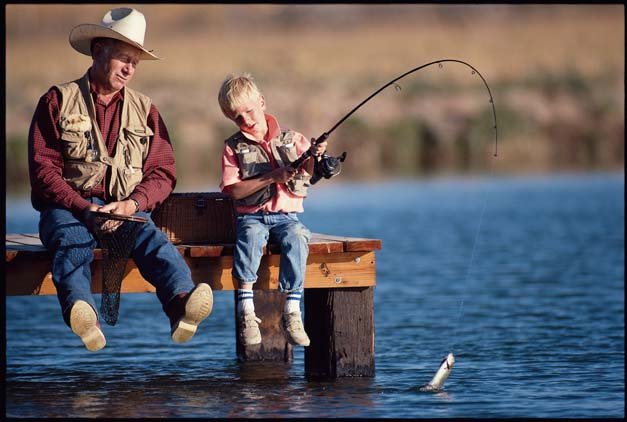
The Democratic Deficit
In understanding the democratic deficit, we need to spend less time trying to understand the outcome of elections and more time understanding why so few citizens act powerfully together to contribute to the wellbeing of their communities. One way to understand this democratic deficit is through the ladder of citizen power. The ladder of citizen power in its simplest form has four rungs:
A Victim
The bottom of the ladder: At the bottom are victims, often seen as the people with little or no agency to do for themselves or with others. Too often, therefore, we do things to or for them that they could do for themselves or with their peers/neighbours. Worse yet, sometimes others do things to them that they do not want. That is why this is the bottom rung of the ladder in terms of power. At this level people are viewed as passive recipients of pre defined services/interventions and have very little influence over what they receive or how they receive it.
A Client
One step up: The next rung on the ladder is to be a client. Here we have the power to consume services, and/or participate in programmes. The limits on our power relate to the fact that we are not contributing to the solution/intervention, not even as co-designers of the service or the programme we are consuming. It is a step up from being a victim in that we are (sometimes/often) asked to rate our level of satisfaction, having consumed a service and are (sometimes/often) afforded the rights and privileges of a valued customer.
An Advisor
Two steps up: The third rung on the ladder involves citizens in the process of co-designing services and programmes. In effect, at this level we are advisors to service providers or legislators on matters of service design and policy development. This is a step up from being a client, because here we are co-designers, but not co-producers. As co-designers, people’s primary contribution is their lived prior experience as consumers of services (a customer or a client) or programmes, and not as co-producers. Co-producers are people who are themselves defining the problems on their own terms, and choosing their own solutions.
A Citizen
The top of the ladder: the highest level of power is that of active citizenship. Citizens are people who exercise their power and inalienable right to be producers in association with other citizens. To use less industrialised language, than the word ‘producer’, active and free citizens are “makers” together with other citizens. In all kinds of handmade and homemade ways, they make a shared future through the exchange of gifts. As citizens they identify their own priorities, then decide together with their neighbours/fellow citizens how they want to address those issues, and finally they take collective action.
Give a man a fish and you feed him for a day; teach a man to fish and you feed him for a lifetime
Using this proverb I’d like to elaborate a little on each of these levels of power.
The victim is given the fish solely on the terms of the giver, whether the receiver’s preference is sushi (raw) or deep-fried is irrelevant.
The client has “some” rights to influence how they receive the fish and the quality of the production. As such they have some rights to make “reasonable” challenges on poor standards if, for example, the fish gives them food poisoning. In more progressive situations, some clients receive fishing lessons from appropriately qualified instructors.
The advisor can co-design the meal and even influence the trimmings as long as the main course is a fish. They can even co-design the process by which the fish is caught. In progressive co-design processes, they can ‘design-in’ sustainability, and ensure that they are the ones that own the fishing rod and catch the fish.
The citizen can say ‘we do not want a fish or a fishing rod; instead we want to organise to stop the factory upstream from polluting the river’, or ‘we want to tap into the indigenous foods that are currently available in our community’. Or, they may say ‘we will take the equivalent resource the person/organisation would have used to purchase the fishing rod, and then use that resource to purchase local rods, or an equivalent means of fishing, and to discover the skills of local people to teach everyone how to fish’.
The best way to strengthen democracy is not in figuring out how we can get better politicians, but in how we can start embracing our political power as citizens. Ultimately we the people hold the “Trump” card.


Beth Cross
I love this. You are so good at taking an image a metaphor and using it as a prism, with something else revealed each time you shine a light through it from a different angle.